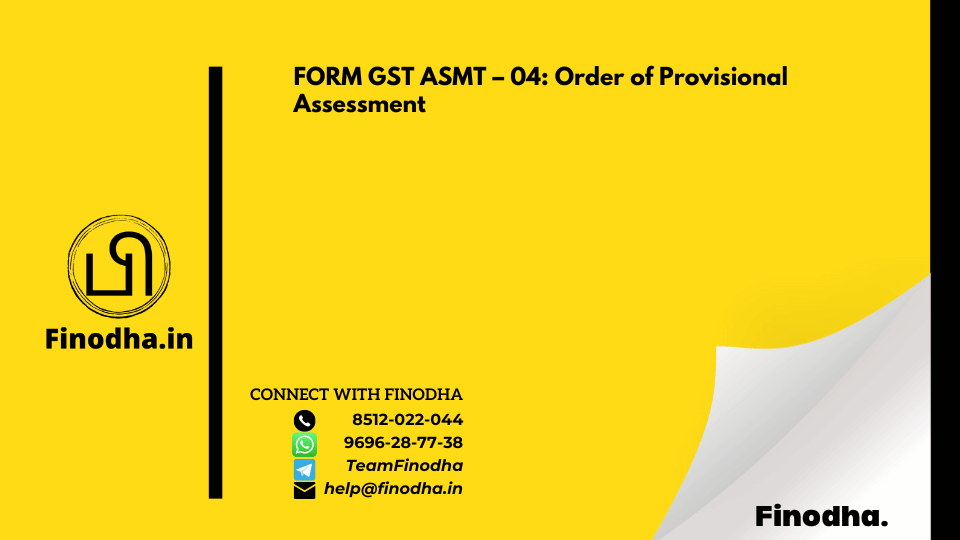Important Keyword: Due date, ITR Form, P&L Statement, Sharekhan, Tax Audit, Trading Income.
Table of Contents
How to File ITR Form for Sharekhan?
For a trader using Sharekhan, filing an Income Tax Return (ITR) hinges on the income derived from trading in equity, mutual funds, or derivatives. Sharekhan facilitates this process by providing a Tax P&L Report that consolidates all trading transactions conducted throughout the financial year. This report serves two primary purposes:
- ITR Form Determination: The trader can ascertain which ITR form to file based on the types of trading income reported in the Tax P&L Report. Generally, income from equity, mutual funds, and derivatives is considered business income.
- Tax Audit Applicability: Using the Tax P&L Report, traders can also evaluate whether their trading turnover meets the thresholds that require a Tax Audit under the provisions of the Income Tax Act.
Tax P&L Statement of Sharekhan Explained

Sharekhan provides statements from the portal, but these are not consolidated. Therefore, traders need to download separate statements for different segments. Here’s a breakdown of the tabs mentioned in these statements:
- Holding Period: This refers to the duration for which an asset or portfolio was held. It is a key measure of investment performance.
- Realized Gain/Loss: It indicates the profit or loss realized upon completing a trade.
- Short Term Transactions: These involve trading strategies where assets are bought and sold within a relatively short period, typically ranging from days to weeks.
- Long Term Transactions: These involve capital assets held for more than one year, which are generally categorized as long-term investments.
- Speculation Transactions: These involve transactions where contracts for purchase or sale of commodities or securities are settled without physical delivery or transfer.
Applicable ITR Form for Sharekhan Traders:
- Nature of Income: Income from trading in equity, mutual funds, or derivatives through Sharekhan is typically classified as business income.
- ITR Form: Based on the nature of trading income:
- Capital Gains Income: File ITR-2.
- Business Income: File ITR-3.
Due Date for Filing ITR:
Income Tax Return (ITR) filing for Sharekhan traders follows the due dates specified under Section 139 of the Income Tax Act. These dates vary based on the type of taxpayer and the specifics of their income situation. It is essential for traders to adhere to these deadlines to avoid penalties and ensure compliance with tax regulations.
Therefore, due dates for different category of taxpayers are as follows:
| Category | Due Date |
| Individuals to whom audit is not applicable | 31st July of the Assessment Year |
| Companies | 30th September of the Assessment Year |
| Individuals to whom audit is applicable | 30th September of the Assessment Year |
| Individuals/ HUF who are partners in a firm and firm’s accounts are subject to audit | 30th September of the Assessment Year |
To add, the above due dates can be extended by the IT Department via order.
Tax Audit Applicability for Sharekhan
For Sharekhan traders involved in trading shares, securities, commodities, and currencies, including activities like Equity Intraday, Equity Futures & Options (F&O), Commodity Trading, and Currency Trading, income generated is classified as Business Income. It’s crucial to assess whether a Tax Audit is applicable under the provisions of the Income Tax Act.
Applicability of Tax Audit:
Under Section 44AB of the Income Tax Act:
- The turnover limit for requiring a Tax Audit is Rs. 1 crore.
- However, Budget 2020 increased this turnover limit to Rs. 5 crore under specific conditions:
- Cash Payments do not exceed 5% of the Total Payments in the financial year.
- Cash Receipts do not exceed 5% of the Total Receipts in the financial year.
Calculation of Trading Turnover for Sharekhan:
- Nature of Income: Income from trading in shares and securities through Sharekhan is treated as business income.
- Tax Audit Determination: The turnover for the purpose of Tax Audit is calculated as the aggregate value of all trading transactions conducted during the financial year. This calculation is relevant only when the trading income is classified as business income and not capital gains income.
- Tax Liability: It’s important to note that while the requirement for a Tax Audit depends on turnover, the actual tax liability is determined based on the total taxable income, which includes business income and other sources.
Read More: How to File ITR for ICICI Direct?
Web Stories: How to File ITR for ICICI Direct?
Official Income Tax Return filing website: https://incometaxindia.gov.in/





0 Comments